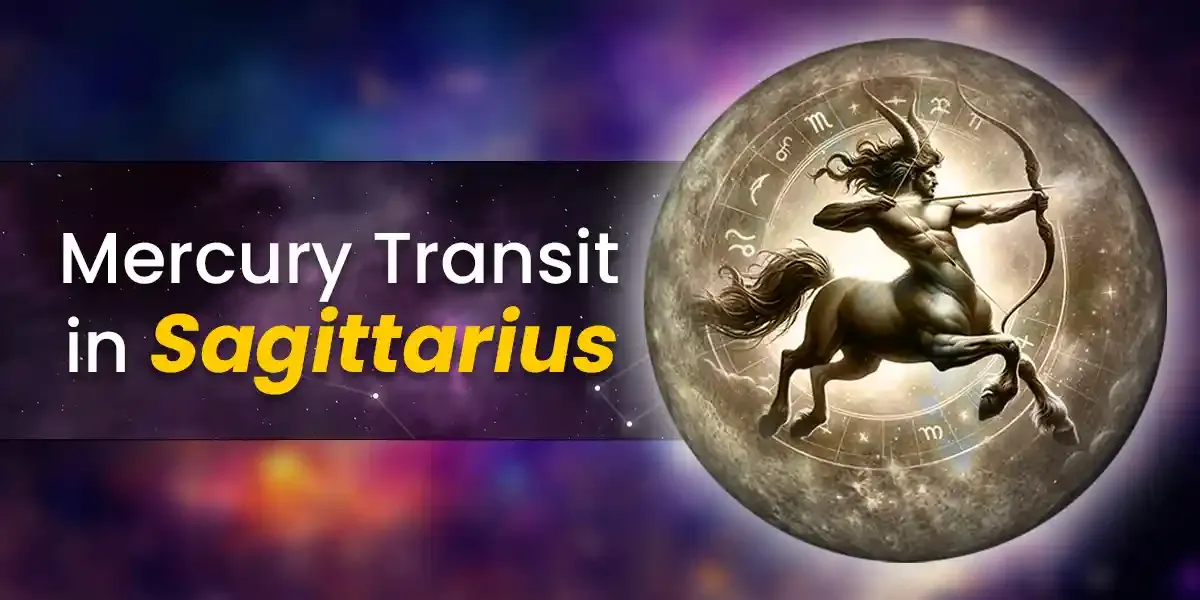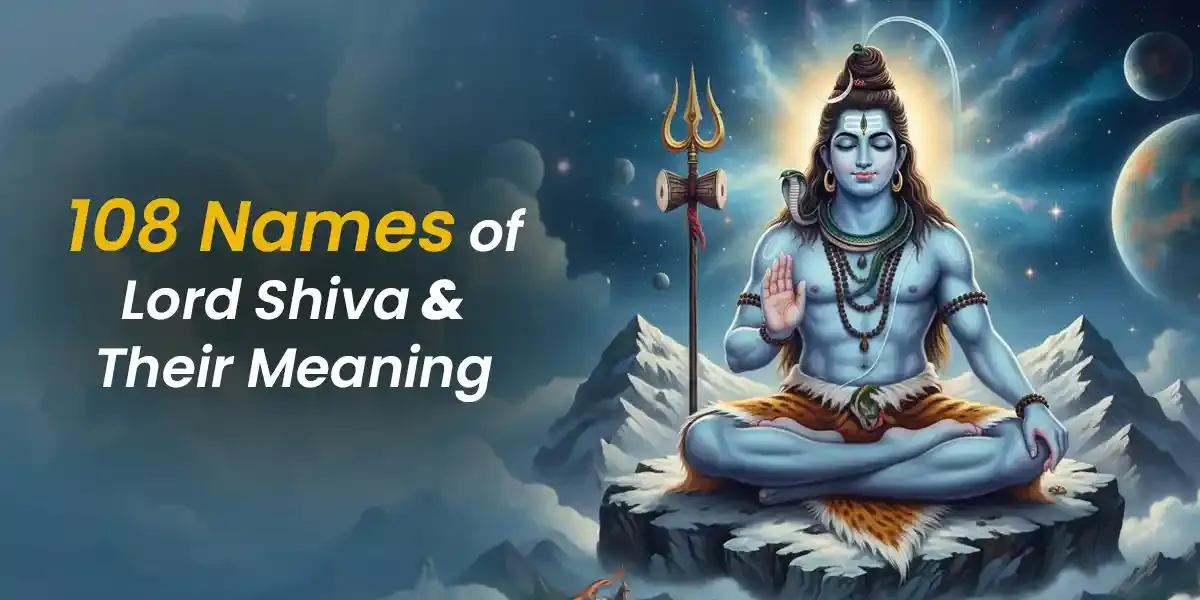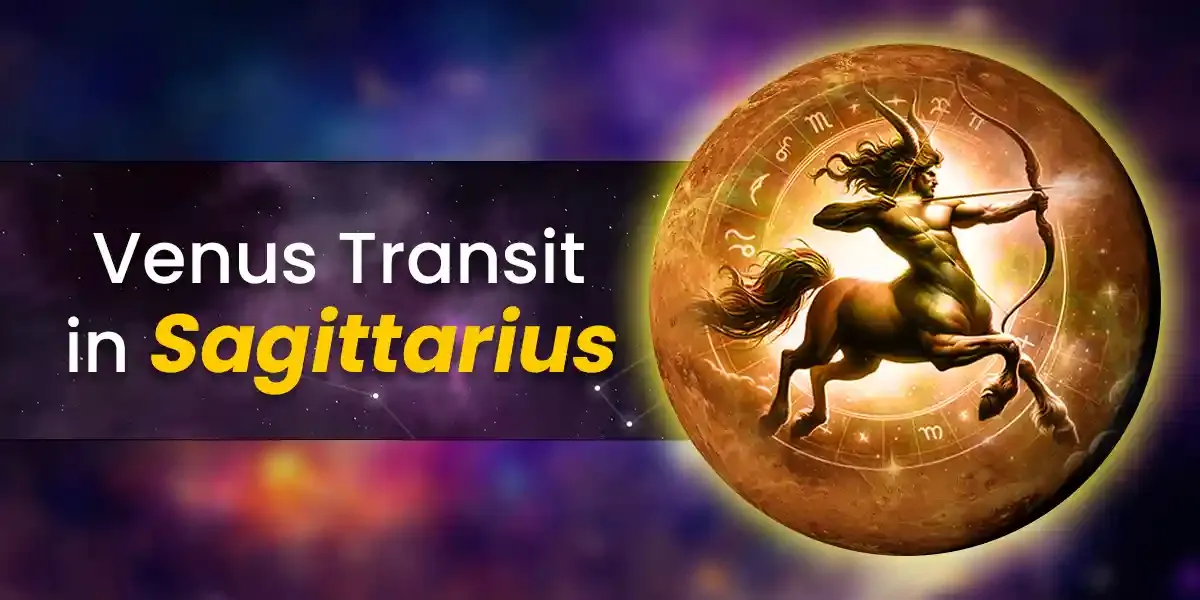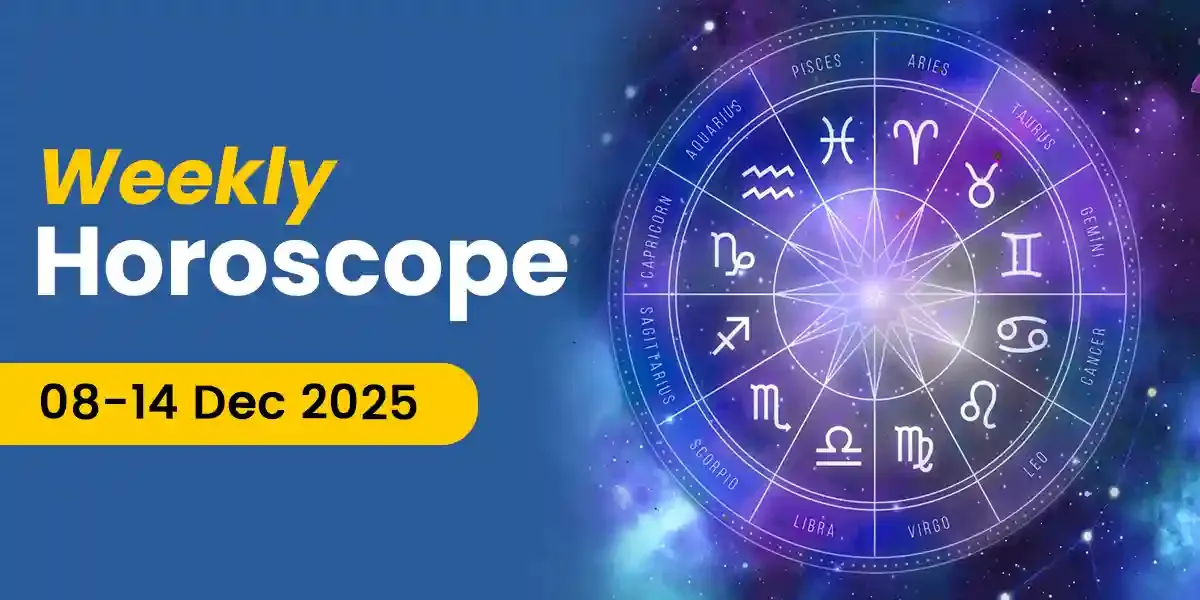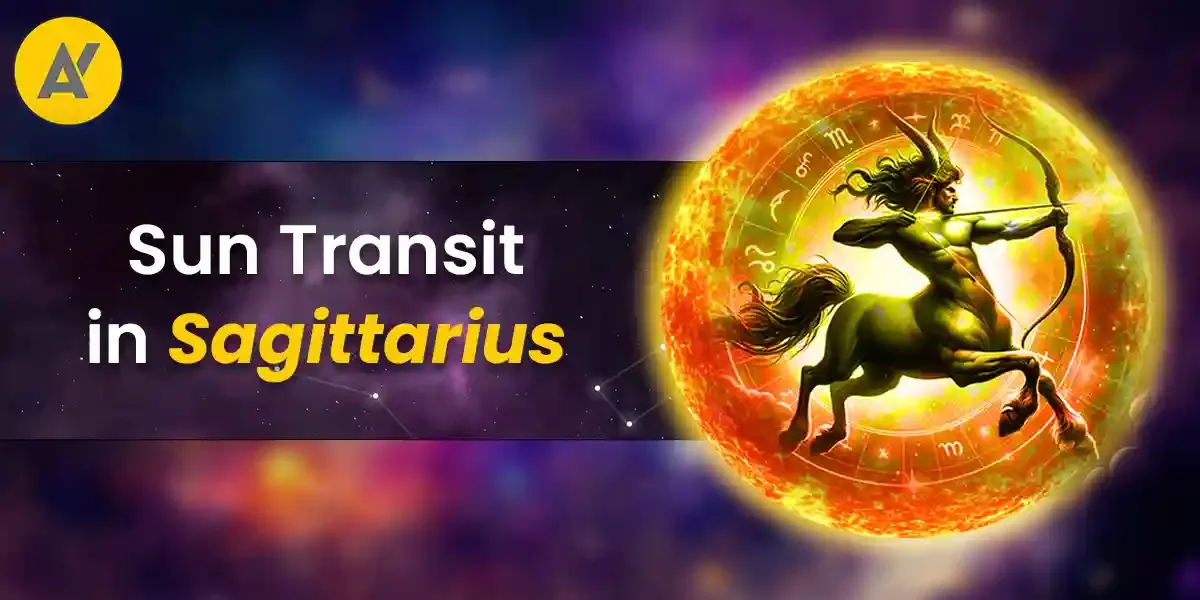
Have you ever looked up at the sky, and been graced with the beauty of the Full Moon? But, what comes to mind when you gaze at the Full Moon? All around the globe, there are many religious, spiritual, cultural, and historical associations with the Moon. Hence, it’s no surprise that Purnima, the Full Moon night, holds special significance in Hinduism, and is considered extremely important among Hindu devotees.
Since time immemorial and throughout history, the multi-faceted Moon has been a “cultural mirror” to people’s beliefs and ways of seeing the world. The Moon has been interpreted as a planet in astrology, God, and a celestial calendar.
In Hinduism, Purnima is a revered occasion, as Purnima day is a sacred day for devotees to engage in religious rituals. The Full Moon Day is a celestial spectacle that stands as a symbol of importance across various traditions. Purnima bears immense religious and spiritual weight in Hindu beliefs, signifying moments of deep meaning. As Purnima approaches, embrace the sacredness it embodies, building a connection between the spiritual and the cosmic. Hence, this day is perfect for connecting the divine and the spiritual.
As Purnima is a pivotal day as per Hinduism, you must acquaint yourself with the auspicious Purnima calendar 2024.
What Is Purnima? All You Need to Know
Purnimas are worthy occasions to be marked in your calendar. The word ‘Purnima’ is derived from the Sanskrit word which means the day or night of a full Moon. This significant day occurs monthly when the Moon shines the brightest and fullest, and the Moon is illuminated in the sky.
Usually, Purnima falls on the Shukla Paksha. According to the Hindu calendar, every month can be divided into two equal parts. There are 30 Tithis (dates) in every month, and the month is divided into two equal parts of 15 days based on the phases of the Moon. The Shukla Paksha is a period of 15 days, which is the bright Lunar fortnight or waxing phase of the Moon. On the other hand, the other 15 days are known as the Krishna Paksha, which is the waning phase of the Moon. In every Paksha, a specific date is considered Amavasya or Purnima.
Purnima marks the transition from Shukla Paksha, or the period before the Full Moon, to Krishna Paksha. The last day of Shukla Paksha is Purnima, or Full Moon night. Purnima Tithi marks the start of the second slot of the month's final 15 days, known as Krishna Paksha. On the last day of the Krishna Paksha falls the Amavasya (No Moon night) according to the Hindu calendar.
Give this a read: These 12 Affirmations Can Spark A Change in You in 2024!
Purnima 2024: What Purnima Dates You Must Know?
Purnima is spiritually significant as it is the occasion for worshiping the divine powers and fasting. The Purnima festivals are observed on the Full Moon Day of every Lunar Month. They are a vital part of the Hindu calendar, and devotees celebrate them with gusto and devotion. Every Purnima is associated with a festival or an auspicious fast.
The major question is, how many Purnimas are there in a year? Typically, there are 12 Purnimas in a year, and each has its own essence. But, if there is a Blue Moon or two full Moon in one particular month, there can be 13 Purnimas in a particular year.
Now, let's dive into the Purnima date list to get a detailed chronicle of the Muhurats. So, Astroyogi has compiled a comprehensive list of Purnima dates and timings.
Purnima Calendar 2024: When Are The Purnima Dates in 2024?
According to the Hindu calendar, in 2024, Purnima dates that you must be aware of are 25th January 2024, 24th February 2024, 25th March 2024, 23rd April 2024, 23rd May 2024, 22nd June 2024, 21st July 2024, 19th August 2024, 18th September 2024, 17th October 2024, 15th November 2024, and 15th December 2024.
The detailed Purnima date list is given below.
Pausha Purnima - 25th January 2024, Thursday ( Tithi Starts- 09:49 PM, 24th January 2024 to Tithi Ends- 11:23 PM, 25th January 2024)
Magha Purnima - 24th February 2024, Saturday (Tithi Starts- 03:33 PM, 23rd February 2024 to Tithi Ends- 05:59 PM, 24th February 2024)
Phalguna Purnima - 25th March 2024, Monday - (Purnima Vrat - 24th March 2024) (Tithi Starts- 09:54 AM, 24th March 2024 to Tithi Ends- 12:29 PM, 25th March 2024)
Chaitra Purnima - 23rd April 2024, Tuesday (Tithi Starts- 03:25 AM, 23rd April 2024 to Tithi Ends- 05:18 AM, 24th April 2024)
Vaishakha Purnima - 23rd May 2024, Thursday ( Tithi Starts- 06:47 PM, 22nd May 2024 to Tithi Ends- 07:22 PM, 23rd May 2024)
Jyeshtha Purnima - 22nd June 2024, Saturday (Purnima Vrat - 21st June 2024, Friday) (Tithi Starts- 07:31 AM, 21st June 2024 to Tithi Ends- 06:37 AM, 22nd June) 2024
Ashadha Purnima - 21st July 2024, Sunday ( Tithi Starts- 05:59 PM, 20th July 2024 to Tithi Ends- 03:46 PM, 21st July 2024)
Shravana Purnima - 19th August 2024, Monday (Tithi Starts- 03:04 AM, 19th August 2024 to Tithi Ends- 11:55 PM, 19th August 2024)
Bhadrapada Purnima- 18th September 2024, Wednesday (Purnima Vrat- 17th September 2024) ( Tithi Starts- 11:44 AM, 17th September 2024 to Tithi Ends- 08:04 AM, 18th September 2024 )
Ashwina Purnima - 17th October 2023 (Thursday) (Tithi Starts- 08:40 PM, 16th October 2024 to Tithi Ends- 04:55 PM, 17th October 2024)
Kartika Purnima - 15th November 2023 (Friday) (Tithi Starts- 06:19 AM, 15th November 2024 to Tithi Ends- 02:58 AM, 16th November 2024
Margashirsha Purnima - 15th December 2024,Sunday (Tithi Starts- 04:58 PM, 14th December 2024 to Tithi Ends- 02:31 PM, 15th December 2024)
Why Is Purnima Known to Be Auspicious?
Purnima is the most sacred day to worship divinity and observe a fast. The whole day is devoted to praying and worshiping for the well-being of ourselves and our families.
Purnima Vrat is an essential part of the Full Moon Day. It refers to the fast devotees observe on this specific day.
The Moon's radiant fullness on the occasion of Purnima stands for plenitude, abundance, and generous blessings.
Purnima is also a day for self-reflection. One of the Purnima benefits is that this is the ideal day to think about your spiritual journey. This is why many people keep the Purnima Vrat, do acts of kindness, and partake in charity to attain blessings and cleanse their souls.
The Purnima Vrat is believed to usher prosperity and good luck into your life. This is the time to seek blessings from the divinity, offer prayers, and celebrate the abundance of nature.
When an auspicious event like a wedding, the birth of a child, the purchase of a new house, etc., happens, many people show their gratitude toward God by performing Shree Satyanarayan Puja on this day.
Although Purnima occurs every month, the most auspicious ones are Kartik Purnima, Magh Purnima, Sharad Purnima, Vat Purnima, Guru Purnima, and Buddha Purnima. Some renowned Purnima festivals or occasions celebrated each Lunar month include Holi, Raksha Bandhan, Sharad Purnima, Hanuman Jayanti, Buddha Purnima, Guru Purnima, Dattatreya Jayanti, and others.
More than a spiritual day, Purnima is also believed to align with the natural cycle of life. The luminous Full Moon represents abundance.
Overall, this is an auspicious day for individuals to commit to doing rituals and praying.
A Glimpse into Some of The Religious Activities Done on Purnima
According to the Purnima calendar, people celebrate the Purnima festivals on the Full Moon day of every lunar month with great devotion and enthusiasm. The Hindus worldwide celebrate the festivals with devotion and faith, so you’ll find the atmosphere charged with positivity and spirituality.
Below are some of the rituals or religious activities that are done on Purnima. Each Purnima festival or event has its own unique importance and tradition.
In Hindu culture and traditions, as mentioned above, fasting on the day of the Full Moon, has great significance. Many devotees keep this fast to obtain Lord Vishnu's blessings. Anyone who observes this fast will become more stable and balanced, both mentally and physically. It can bestow positivity and happiness on you. This fast is observed on Purnima or one day before Purnima, i.e., Chaturdashi. This is determined by the beginning time of the Purnima Tithi on the previous day.
Purnima Vrat commences at Sunrise and concludes when the Full Moon is visible in the evening. In the evening, once the devotees have seen the Full Moon, they pray to the Moon God and worship the divine powers. After this, the Prasad is consumed.
The fast should be kept throughout the day; however, one meal can be eaten if the devotee wants. The devotees must fast and abstain from eating pulses, cereals, or salt on this day. One prays to the Moon with complete devotion to fulfill one's wishes. A devotee can achieve Moksha if they observe the fast with full faith and sincerity.
As mentioned earlier, Purnima marks the end of each Hindu month. Usually, a significant and auspicious Hindu festival, occasion, or ritual is celebrated on this sacred day.
Many people associate the Full Moon with new beginnings and opportunities to make positive changes in their lives.
On Purnima, many people not only observe a fast but also offer prayers to numerous divine Gods and Goddesses. People worship Goddess Lakshmi and the different manifestations of Lord Vishnu. Devotees also worship Lord Shiva.
There is a tradition of performing a Puja in homes for Lord Satyanarayan, another form and name of the divine deity, Lord Vishnu. This Puja can help devotees maximize their efforts and atone for their past sins. It can also bring joy and prosperity into a person's life. Additionally, doing Lord Satyanarayan's Puja is one way to receive Lord Vishnu's choicest blessings.
Some people also chant the Maha Mrityunjaya mantra, widely believed to help you achieve your life's aspirations. It provides devotees with solutions to their problems and promotes a healthy soul, body, and mind.
The Bhavishya Purana states that taking a holy bath at a religious site on the day of the full Moon can eliminate your sins. If visiting a pilgrimage site is not an option, you can take a bath at home by adding Gangajal (water from the sacred Ganges) into the bathing water.
Things To Avoid Doing on The Auspicious Occasion of Purnima
You are urged not to consume any non-vegetarian food items on Purnima. It would be best to refrain from consuming Tamasic food items like garlic and onions.
You must avoid consuming alcohol on Purnima. Drinking alcohol can invite negative energy into your life.
Overall, one can’t deny that Purnima holds a particular relevance in the lives of Hindu devotees. After all, it’s a time for reflection and devotion.
Need more detailed information about Purnima 2024? If so, connect with the Astroyogi astrologers!
Our in-house team of writers comprises of vibrant, like-minded, and curious souls who are passionate about helping people find joy and motivation through the magic of words. Our writers are keen on using their skills to make the study of divination sciences a guiding tool in people's lives. They hold expertise in writing on a myriad of topics related to Indian Astrology, Spirituality, Planetary Movements, Vastu Shastra, Numerology, and Tarot among several others. The Astroyogi team aims to write articles that can help the readers lead a life of peace and tranquility whilst enjoying the many ups and downs of life!
























